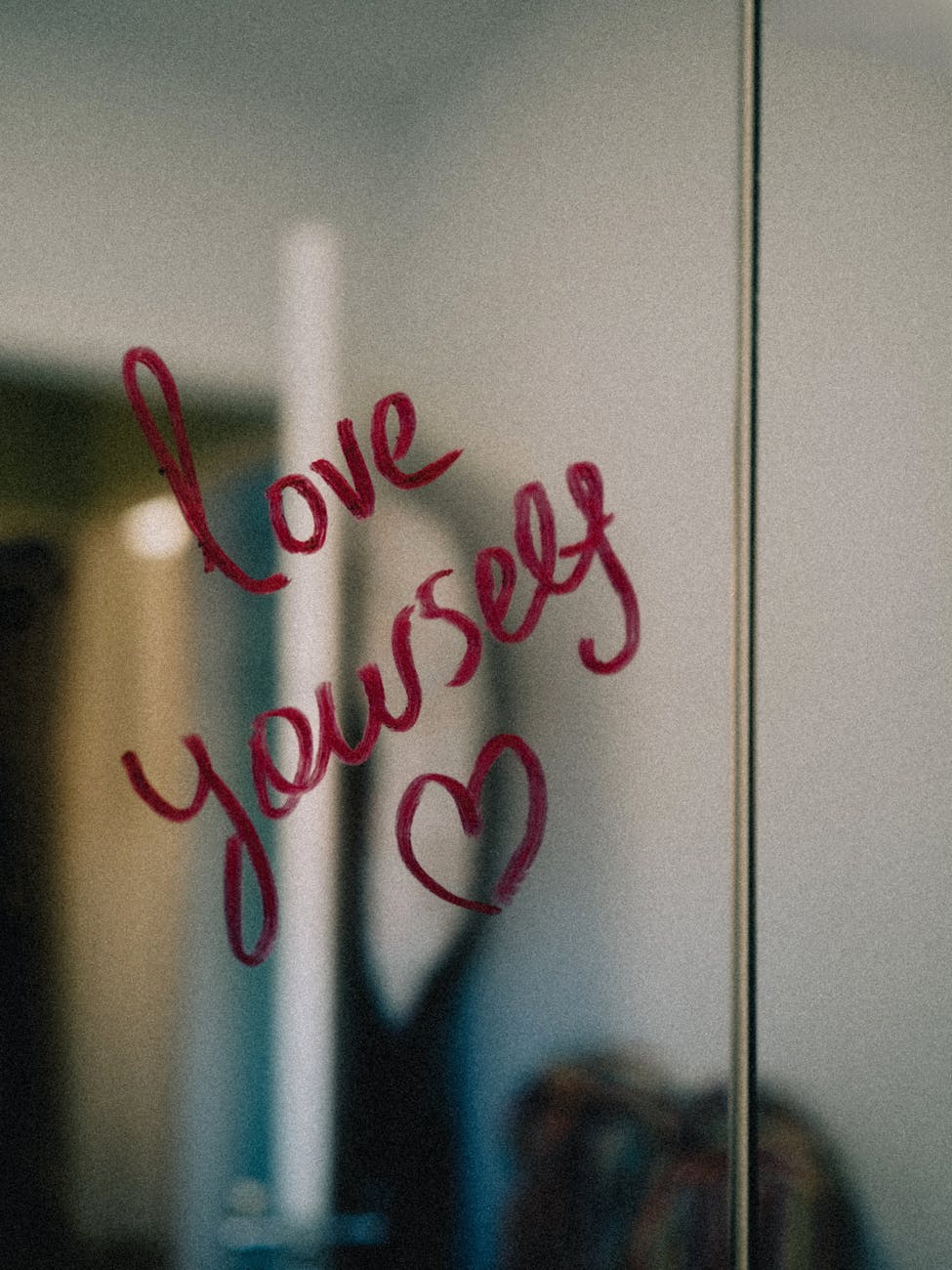Let's get started...
Breaking up with someone can feel really heavy, especially when you worry about hurting their feelings or what your friends might think. But here's something important to remember: breaking up doesn't make you the bad person. Relationships can be a big part of life, but they should be positive and happy partsnot something that makes you stressed or unhappy. Let's talk through why that is, how it might affect you, and some advice on how to handle a breakup maturely and respectfully.
Understanding Relationships at Your Age
When you're fourteen, relationships can be exciting and new, and sometimes quite confusing. You're just starting to figure out who you are and what you want. It's perfectly normal for your feelings to change as you grow this is part of growing up. Sometimes, you might find that what started as a great friendship or a fun relationship isn't working anymore. That's okay!
Relationships during these years are often about learning: learning how to communicate, how to set boundaries, and how to respect each other. But just like any other lesson in life, sometimes, we realise we need to move on to learn new things or because our needs change.
Why Breaking Up Doesn't Make You a Villain
It might seem like you're the bad guy' if you're the one to say, "I think we should break up". But it's important to know that being honest about your feelings is a sign of respect and maturity. If a relationship makes you feel unhappy, anxious or you just feel it's not right, you're not doing anything wrong by ending it. You're actually doing both yourself and your partner a favour.
Staying in a relationship that isn't working can lead to feelings of resentment, sadness, and frustration. It's not healthy for either person. By choosing to end things, you're taking responsibility for your happiness and your emotional well-being that's a good thing! Remember, it's about how you handle the situation that showcases your true character, not the act of breaking up itself.
How Might Breaking Up Affect You?
Ending a relationship can be sad, and it's okay to feel a range of emotions, including relief, loneliness, or confusion. These feelings are all normal. Breaking up might mean you see less of some mutual friends, or you might need to spend some time alone to think about your own needs and feelings. It can be a time of change, and change can be scary but also a chance for growth and new experiences.
Practical Strategies for Handling a Breakup
Here are some practical steps you can take to manage a breakup healthily and respectfully:

- Plan What to Say: Think about what you want to say beforehand. Try to be clear and honest without being hurtful. Use 'I' statements, like "I feel", instead of 'you' statements, which can sound blaming.
- Choose the Right Time and Place: Find a private, quiet place to talk, and make sure you both have time to discuss things properly without being rushed.
- Be Respectful: Listen to their feelings too, even though you are the one initiating the breakup. It shows you care about their feelings as well.
- Stay Calm: Keep your emotions in check. If you get upset, take a few deep breaths to stay calm. This can help keep the conversation from becoming too heated or hurtful.
- Give Space Afterward: It's usually a good idea to have some space from each other after breaking up. This helps both of you start healing and adjusting to not being together.
- Take Care of Yourself: After the breakup, do things that make you feel happy and fulfilled. Spend time with friends who support you, try new activities, and give yourself time to reflect.
Remember, it's okay to ask for support from friends, family, or even teachers if you feel like you're struggling. They can offer comfort and advice on handling your feelings.
Conclusion
Know that it's completely normal and okay to end a relationship if it isn't making you happy or if you feel like it's not right for you anymore. You're not a bad person for wanting what's best for yourself. Being honest and respectful during the breakup shows a lot of maturity. And remember, every experience, even a breakup, is a chance to learn and grow.
Lastly, feel good about standing up for your happiness and emotional well-being, because those are important pieces of who you are, and who you're becoming as you grow up.
How are you feeling?
It is really important that when we need help, we feel able to ask for it. This could be speaking to a parent, a close friend, a teacher or someone else you trust. Sometimes it can be really hard to share our feelings with other people but if we are feeling low or don't know where to turn, sharing with others is really important. Teachers will always take you seriously and listen to your problems in confidence if you approach them for help. Likewise, parents, siblings or friends will help you if you reach out to them.
If you feel like you can't speak to anyone you know, there are people and organisations that can help support you:
- Childline - Call them on 0800 1111 any time of the day or night, every day of the week
- NSPCC - Call them on 0808 800 5000 between 10am and 4pm Monday to Friday or email them on help@NSPCC.org.uk
- The Samaritans – Call them on 116 123 any time of the day or night, every day of the week
- SANE – Call 0300 304 7000 for support (4:30pm - 10:30pm every day)
- Mind – Call 0300 123 3393 (9:00am - 6:00pm Monday to Friday)
*Sometimes we will use real life examples in our articles to aid understanding. When we do, names and ages will be changed.













